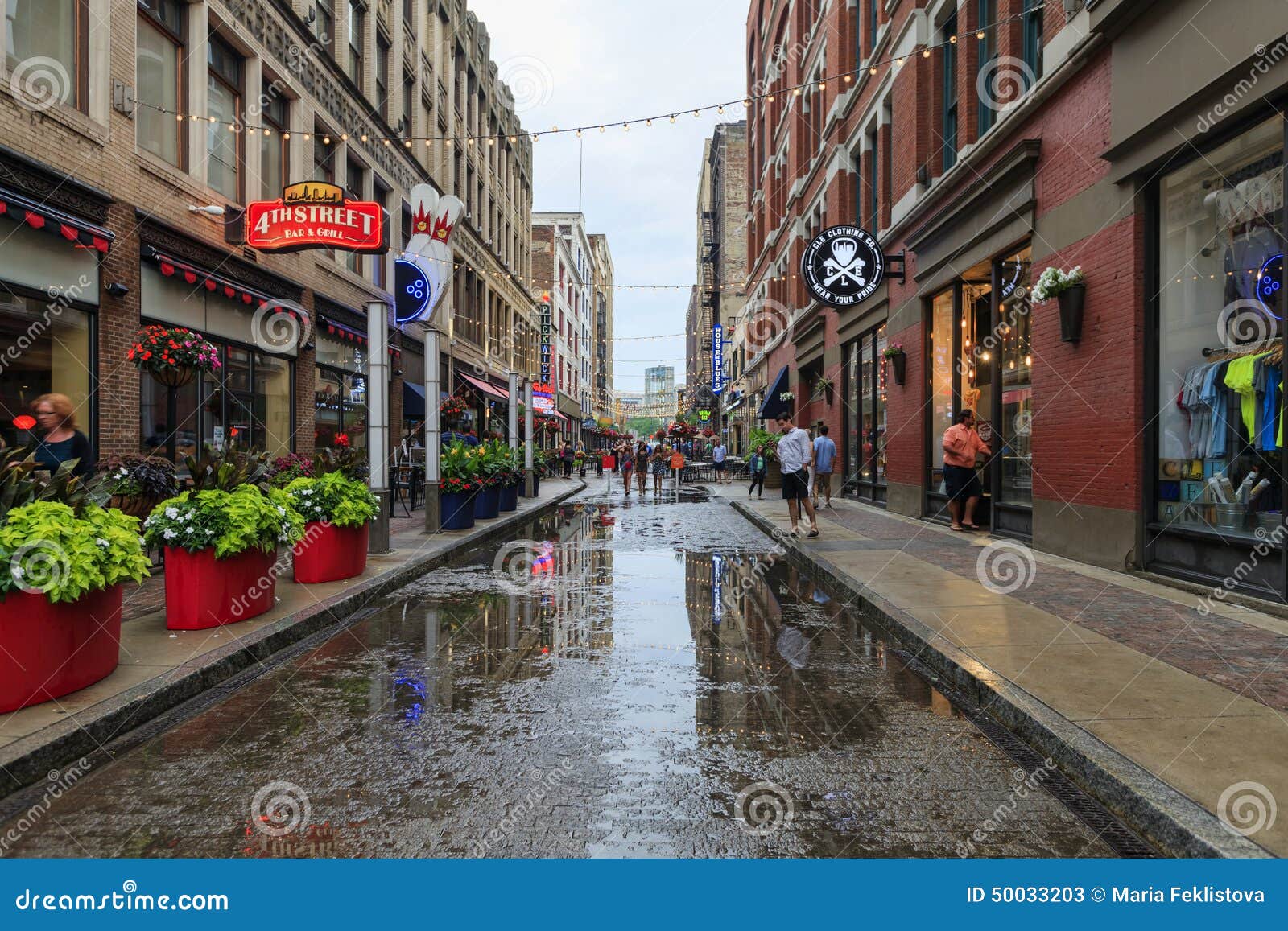

On a Sunday in July, at the start of a three-day blaze that pushed the heat index to 113✯, neighborhoods in Brooklyn and Queens lost electricity. In some cases, air conditioning might even exacerbate our crisis-and it’s clear that there are better, community-wide solutions we should be pursuing instead.ĭuring the New York City heat wave of 2019, the limits of air conditioning as a universal solution to urban heat emergencies became obvious. But while it seems like an obvious solution to our summer misery, our reliance on air conditioning looks uncertain as a viable solution in both the long- and short-term. You would think, then, that in the most air-conditioned nation on Earth, we would have solved the extreme heat crisis. As summers grow hotter, Americans are cooling even more. homes use some form of air conditioning compared to about 4% of European homes. Worldwide, demand for cooling is rising fast, and it’s still growing in the U.S., where it’s already ubiquitous. uses almost as much energy for cooling as the 1.2 billion people of Africa use for everything all year. (A big exception: more than half of global cooling-related emissions now come from China and the U.S. In 2016, 328 million Americans-that’s less than 5% of the world’s population-guzzled more energy for cooling than the 4.4 billion people living in all of Africa, Latin America, the Middle East, and Asia, with the exception of China. uses more energy for cooling per person than any other nation on the planet. assume we have the best solution to this mess: air conditioning. Nothing but the massive reduction of fossil fuels will slow this trend. Unlike more cinematic violence, heat is invisible, even as it’s more immediate and widespread.

Currently, 2.2 billion people-that’s 30% of the world’s population-now experience life-threatening heat during at least 20 days of the year, and scientists predict that heat could threaten as many as 66% of human lives by the end of the century. Heat waves are getting hotter, they’re happening more often, and they’re lasting longer. And, driven largely by carbon emissions from the developed world, climate change is making it worse. In India, cities inhabited for centuries are now unlivable with highs of 123✯. In the U.K., temperatures are reaching 104✯ for the first time in recorded history, and the heat is stoking wildfires across Europe. Extreme heat kills more people than any other climate disaster on the planet, including hurricanes, floods, and wildfires. The urban heat crisis is not confined to North America, of course.


 0 kommentar(er)
0 kommentar(er)
